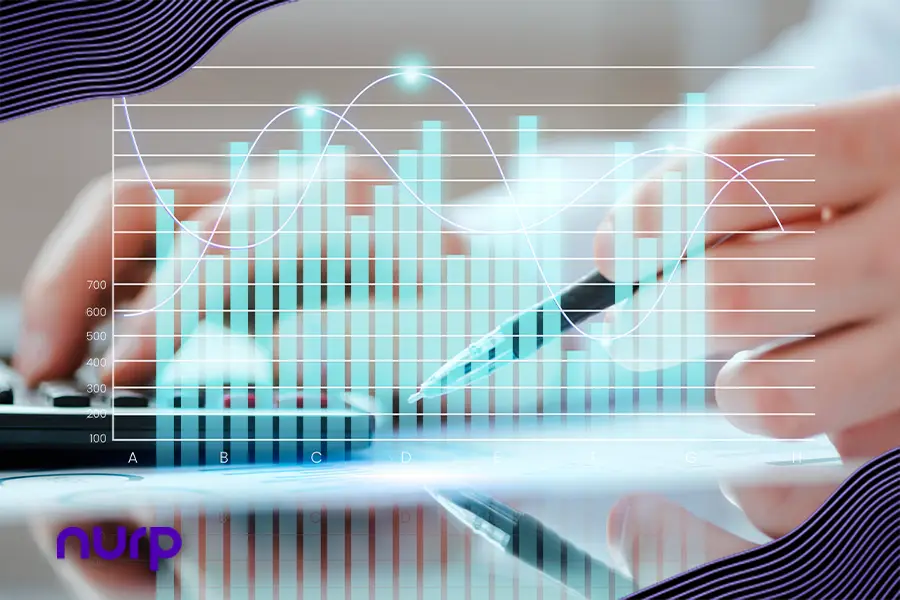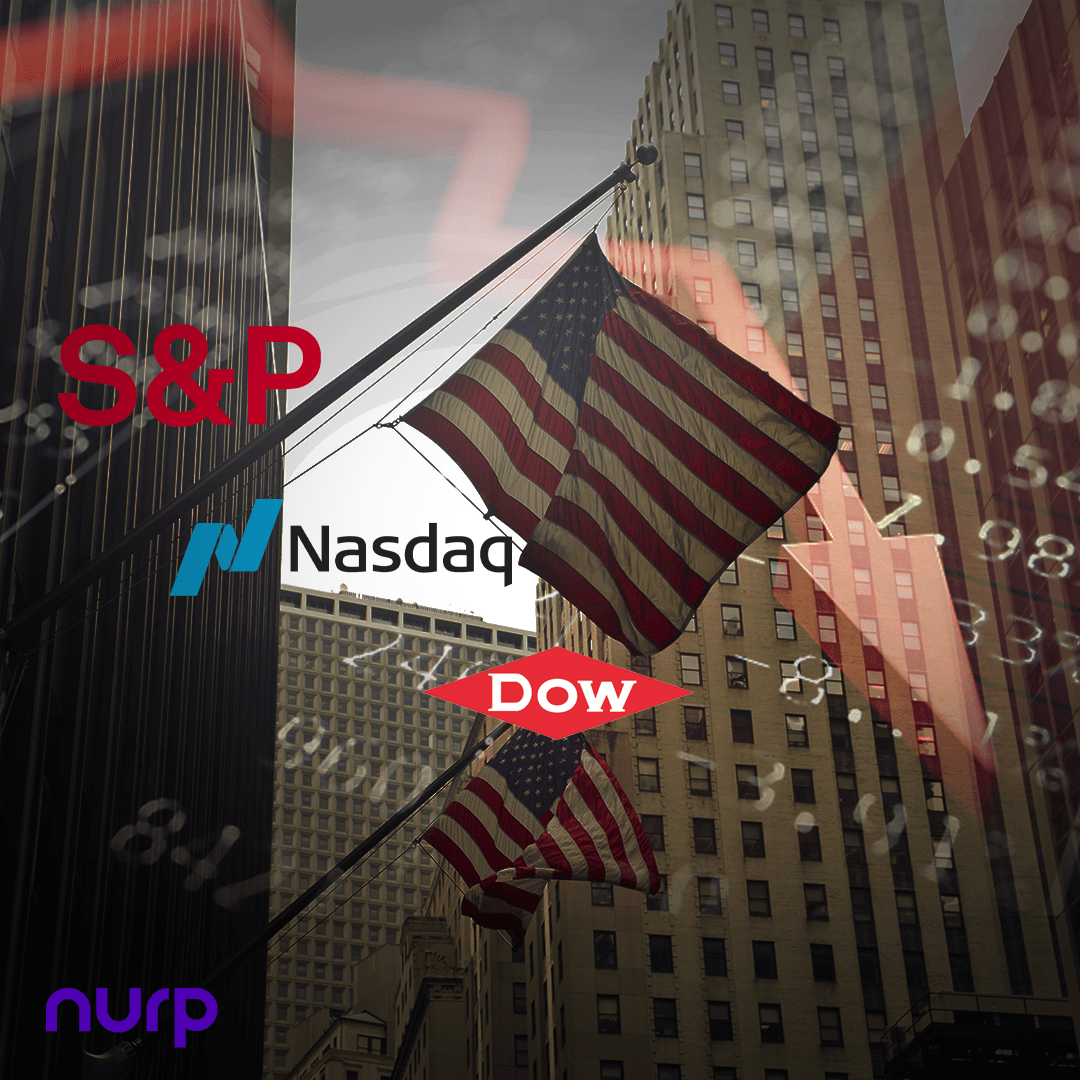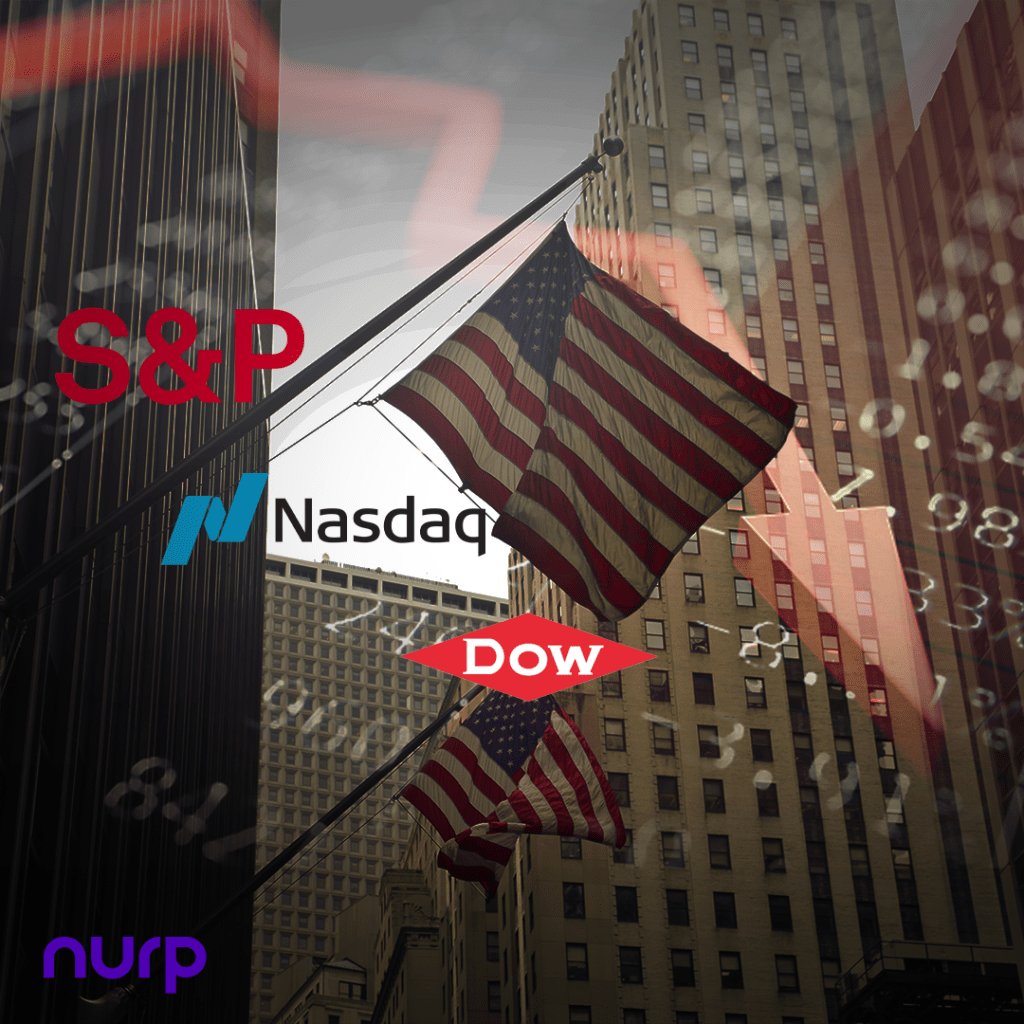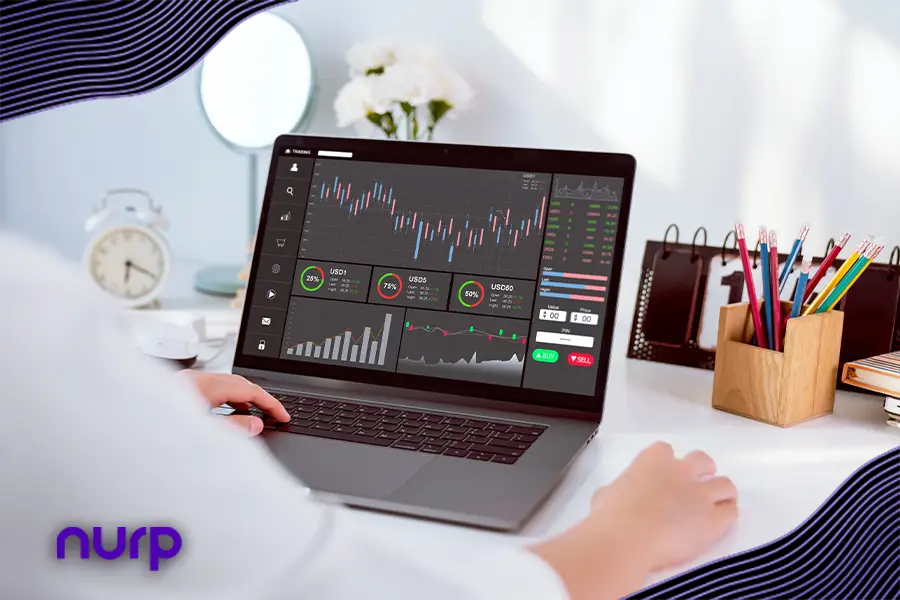In today’s crazy financial world, algorithmic trading has become a buzzword for investors looking to maximize returns and reduce the emotional toll of financial decision-making. But beneath the allure of complex trading algorithm software lies an important question: Can you really trust algorithmic trading with your portfolio? Let’s break down the truth behind this growing trend.
Read More: I Gave $10k To A Trading Software
What Is Algorithmic Trading – And More Importantly, What It Isn’t
Algorithmic trading is the use of computer programs to execute trades based on predefined criteria, such as price, timing, or volume. That’s the simplest, most technical definition we could give you. Of course, in practice trading algorithm software is one of n numerous tools that may be used as part of a diversified trading approach. These trading algorithms are designed to analyze huge data sets and execute trades faster than any human could, aiming to take advantage of market opportunities in real time.
It sounds like the perfect solution: no human error, no emotional decision-making, and trades executed at lightning speed. But the reality is a bit more nuanced. For example, even though trading algorithms cannot make human error, they can make computer error, and besides, a trading algorithm is only as good as the humans who built it. Trading algorithms should not be used as a sort of “set it and forget it” portfolio manager or asset manager. Rather, this technology should be considered as a complement to an existing trading strategy. It’s not foolproof, and it won’t eliminate risk of financial loss. As a general rule, investors and traders should never invest more than they can comfortably afford to lose.
The Promise of Algorithmic Trading
Trading algorithms can’t promise profitable returns indefinitely, but they can offer some potential advantages, including:
Precision and Speed
Algorithms can scan markets, spot patterns, and execute trades in milliseconds– something that even the most experienced traders can’t do manually. This speed is especially beneficial in high-frequency trading, where market shifts can happen in the blink of an eye.
Emotion-Free Decisions
One of the biggest downfalls of so many traders is emotion. We get scared, we get greedy, and all of us have complete uncertainty of the future, since no one can see into the future – we’re blind to it. And while trading algorithms are also blind to the future, they can at least make trading decisions in the present without the fog of human emotions.
24/7 Monitoring
Financial markets don’t sleep, and neither do trading algorithms. Well, at least certain financial markets don’t sleep. For example the forex market is open 24/5 and the crypto market is open 24/7. Trading algorithm softwares can monitor markets continuously and execute trades around the clock, allowing the human behind the machine to participate in global markets day and night, whenever the markets are open.
The Risks Everyone Needs to Know
While algorithmic trading has some pretty enticing advantages, it is not without its risks, as already mentioned. Here’s where all traders need to be cautious:
Overfitting the Past
One of the most common issues with algorithmic strategies is “overfitting.” This occurs when an algorithm is designed to perform exceptionally well on historical data but struggles when faced with real-time, unpredictable market conditions. Over-optimized strategies may look impressive on paper but often falter in live trading.
Market Volatility and Flash Crashes
Markets can be unpredictable, and algorithms, despite being sophisticated, are not immune to making bad trades during periods of high volatility, or simply being unable to cope with the extremes.
Lack of Adaptability
Markets change, and so do the factors that drive them. While human traders can adapt to new information, algorithms can only act on the data they’re given and the parameters set in advance. This rigidity can lead to missed opportunities or poorly timed trades. Remember, trading algorithms are a tool – they aren’t a perfect, fool-proof mechanism for beating the markets. They’re simply a tool that many investors find advantageous to include in their portfolio management strategy.
Complexity and Transparency
Not all algorithms are created equal, and many are incredibly complex. For the average investor, it’s nearly impossible to fully understand how they work, leading to a lack of transparency. Trusting an algorithm means trusting something you may not fully understand, which can be risky.
Algorithmic Black Swan Events
Trading algorithms operate based on patterns and predictability, generally speaking, but when something completely unexpected happens in the market – a so-called “black swan” event – they can fail spectacularly. These rare occurrences can result in massive losses, as trading algorithms don’t have the ability to react to events outside their programmed logic.
Read More: Algorithmic and High Frequency Trading: Can You Keep Up with the Market’s Fastest Movers?
The Human Element: Still Relevant?
Yes, always. Despite all the advancements in technology, the human element in trading still matters – and matters a lot. Trading algorithms may handle the mechanics of trading, but humans must create, monitor, and adjust these trading algorithms over time. Blindly trusting a trading algorithm without proper oversight can lead to financial disaster. Even the best trading algorithms need human oversight and human intervention to ensure that they are aligned with market conditions and personal investment goals.
How to Safeguard Your Portfolio While Using Algorithmic Trading
If you’re considering using algorithmic trading technology, there are a few steps you can take to mitigate – but not eliminate – risks, including:
Understand the Strategy
Don’t just adopt an algorithm without understanding how it works. Know the market it targets, the data it uses, and the potential risks associated with the strategy.Also, do your due diligence when shopping around for trading algorithm softwares. Remember, a trading algorithm is only as smart as the people who built it. Know who you’re purchasing from, and get comfortable with it before investing large sums of capital – and never invest more than you can comfortably afford to lose!
Diversify
Just like with any investment strategy, don’t put all your eggs in one basket. Use algorithmic trading software as part of a diversified portfolio, rather than relying on it exclusively.
Regularly Monitor Performance
Even though trading algorithms can generally operate automatically, it’s so important to monitor their performance regularly. Market conditions change, and your trading algorithm’s strategy may need adjustments over time. Some companies only sell one trading algorithm, while others sell multiple, each with their own trading strategy. Using multiple trading algorithms can be a way of even furthering your portfolio diversification, especially if those trading algorithms operate on different financial markets.
Test and Backtest
Before trusting an algorithm with your hard-earned money, ensure it has been thoroughly tested and backtested under various market conditions. Even then, start small before scaling up.
Work with Experts If you don’t have the technical know-how, it’s best to work with professionals who specialize in algorithmic trading. They can help set up, monitor, and adjust your strategy to ensure it stays effective.
So, Can You Really Trust Algorithmic Trading?
The answer is: it depends. Algorithmic trading can be a powerful tool when used correctly and under certain market conditions, but this tech isn’t a one-size-fits-all solution. Like any investment strategy, it comes with risks that should never be overlooked. Trusting a trading algorithm blindly, without understanding its mechanics or performance, can lead to very real and very significant losses.
However, if investors and traders take the time to learn the strategy, work with experts, and keep a close eye on its performance, algorithmic trading software can become a valuable addition to their portfolio. Just remember, in the end, the key to success is not the trading algorithm itself, but how the investor manages and oversees the trading algorithm’s operations.
The post Can You Really Trust Algorithmic Trading? The TRUTH Revealed! first appeared on Nurp.com.








